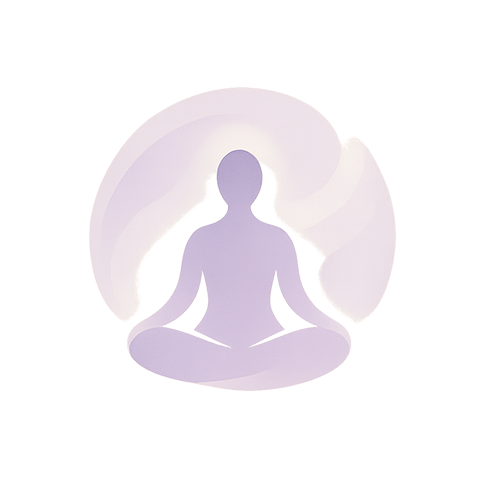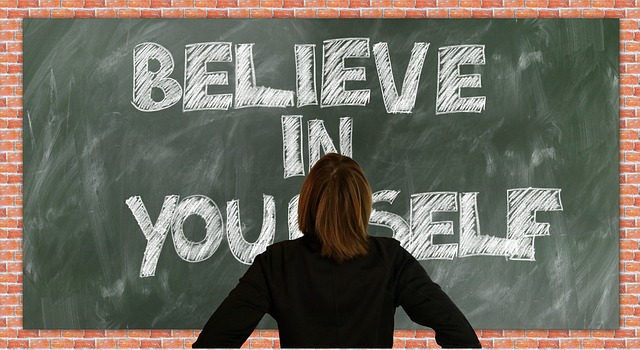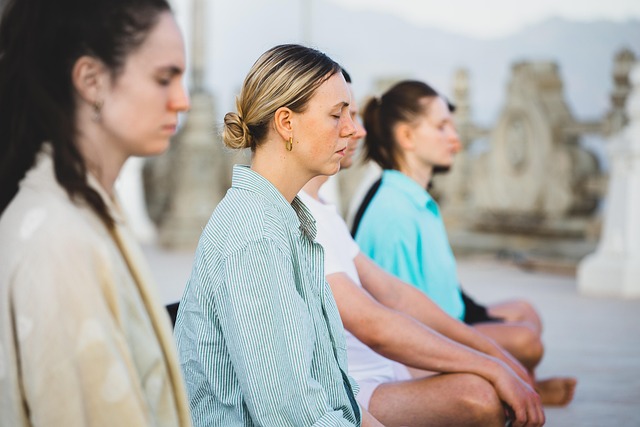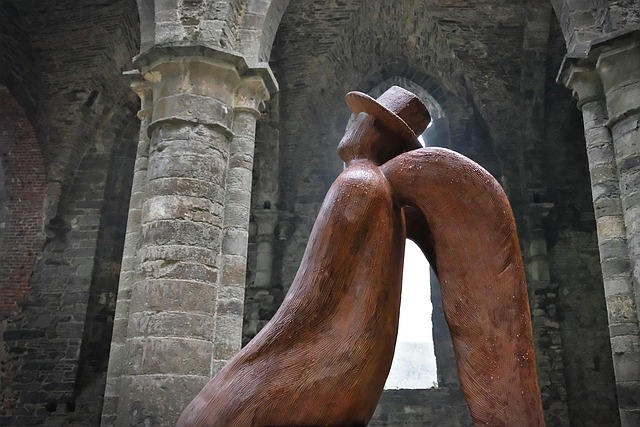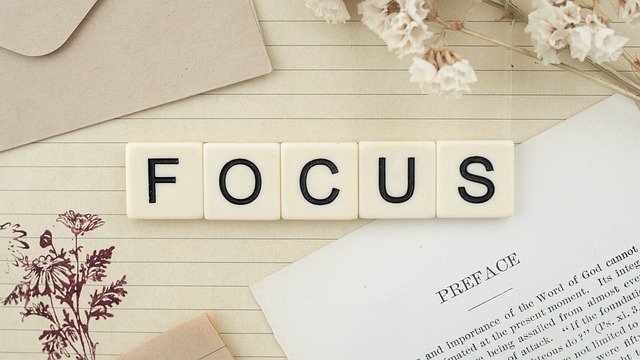In the fast-paced world we live in today, finding moments of peace and tranquility can feel like a daunting task. As we drift through our daily routines, the noise of external demands often drowns out the whispers of our innermost thoughts and feelings. This is where the practice of meditation emerges as a powerful tool, inviting us to explore our inner selves. Central to this journey is the concept of self-assessment.
When we talk about self-assessment in the context of meditation, we are not merely referring to a checklist or a performance review. Instead, it is a deep, introspective journey that allows us to connect with who we truly are beneath layers of societal expectations and personal judgments. Through self-assessment, we take a moment to pause, observe, and reflect on our thoughts, emotions, and behaviors without the weighty burden of criticism.
Imagine sitting in a serene environment, perhaps on a mat or cozy chair, with your eyes gently closed. As you focus on your breath, a wave of awareness washes over you. This is where self-assessment begins. You might start by acknowledging your current emotional state. Are you anxious, joyful, or perhaps a little lost? Identifying these feelings is the first step toward understanding yourself better.
As you delve deeper into your meditation, consider assessing your beliefs and values. What is important to you? What drives your decisions? Reflecting on these aspects can illuminate personal truths that may have been overshadowed by daily distractions. This heightened awareness fosters a sense of clarity, allowing you to reshape your intentions and actions moving forward.
Self-assessment isn’t just an act confined to meditation; it can encourage ongoing growth and transformation beyond your practice. By recognizing patterns in your thoughts and behaviors, you can identify areas in need of change or improvement. If you find yourself constantly overwhelmed by negativity, for instance, this awareness invites you to explore coping strategies or mindset shifts to cultivate positivity.
The beauty of using self-assessment in meditation lies in its ability to foster self-acceptance. Instead of judging ourselves for perceived flaws or mistakes, we learn to approach our inner selves with compassion. This shift not only enhances our meditation practice but also enriches our interactions with others and the world around us. We become more patient, understanding, and empathetic, both toward ourselves and those we encounter.
Incorporating self-assessment into your meditation routine can enhance your journey of self-discovery significantly. After all, meditation isn’t about achieving a state of perfection; it’s about embracing your authentic self, flaws and all. Allow the practice to guide you toward deeper insights, helping you navigate the complexities of life with a greater understanding of who you are at your core. With each moment spent in meditation, you embark on a path of self-discovery that can lead to profound inner peace and fulfillment.
